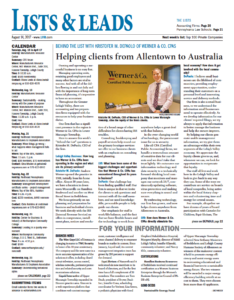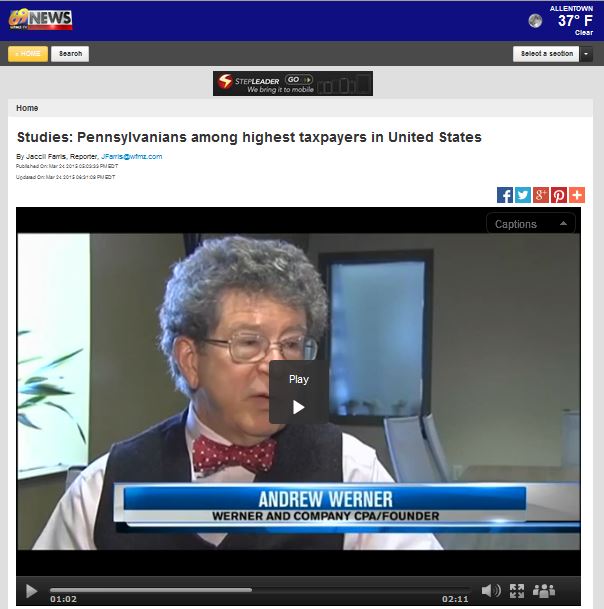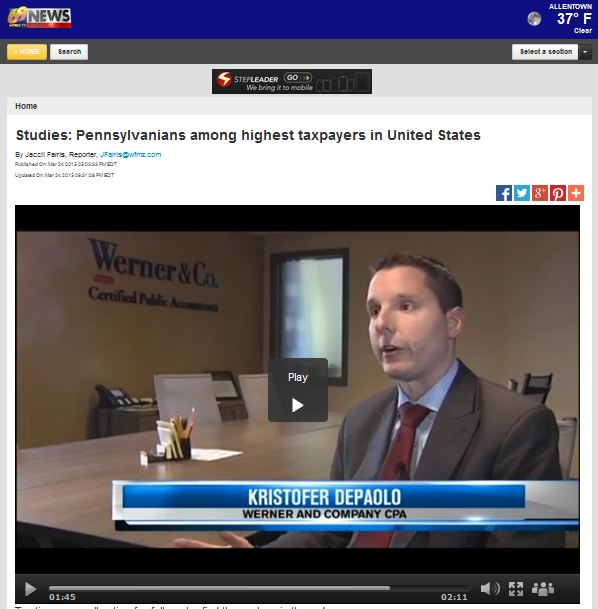As the dust settles on the tax reform bill signed into law on December 22, 2017, there are a number of new provisions small business owners need to incorporate into their 2018 tax planning. A few deductions have been removed and new ones added.
One of those shiny new items is the 20% deduction of qualified business income (QBI). This deduction is aimed at giving business owners an incentive to hire new workers. Who can deduct how much depends on the type of business you have, the assets in the business, your business income, your total income and the wages you pay. You might have guessed that the formula for this is quite complex. Which politician was touting you could file your taxes on a postcard?
The 20% QBI deduction only applies to passthrough entities such as proprietorships, partnerships and S corporations. For owners of passthrough personal service companies, including accountants, attorneys, financial advisors, realtors and medical services to name a few, this deduction applies if your total income is less than $315,000, assuming you file jointly with a spouse. All other filers are capped at $157,500 of total income. If you exceed those thresholds as a personal service business owner your 20% QBI deduction is zero.
If your business is not a personal service entity, the principal limits (there are other details, of course) on the QBI deduction are 20% of your passthrough income or 50% of your payroll. For example, take a manufacturing company with $3 million in revenue, $2.3 million in expenses and an owner’s salary of $200,000, net income of $500,000. Let’s consider they paid $800,000 in payroll expenses, the deduction is 20% of $500,000 and limited to 50% of total payroll, in this case the deduction would be $100,000 and no greater than $400,000.
C corporations will benefit from the corporate income tax rate reduction to a flat 21%, down from a high of 35%, or up from a low of 15% if profit was less than $50,000. Many large corporations have already started giving out bonuses to employees as a way of passing on the tax savings. With all the good news there were a few deductions that have been eliminated with the passage.
Business will no longer have the domestic production deduction, so manufacturers will feel the most pain with this change. In addition, the Act limits the amount of prior year Net Operating Losses (NOLs) that companies can deduct in a single year. In 2018 and beyond, the NOL deduction can be no more than 80% of taxable income and new NOLs cannot be carried back at all, compared with the prior law two-year carryback. While the carryback rule has been removed, companies can carry the loss forward indefinitely.
These are just a few of the changes and we are learning more and more details each day. Many of the regulations in this Act have not yet been written. It will be imperative for business owners to work closely with their tax teams and plan how best to take advantage of the new law to help their businesses prosper.

 Lehigh Valley Business feature Lists & Leads:
Lehigh Valley Business feature Lists & Leads:





